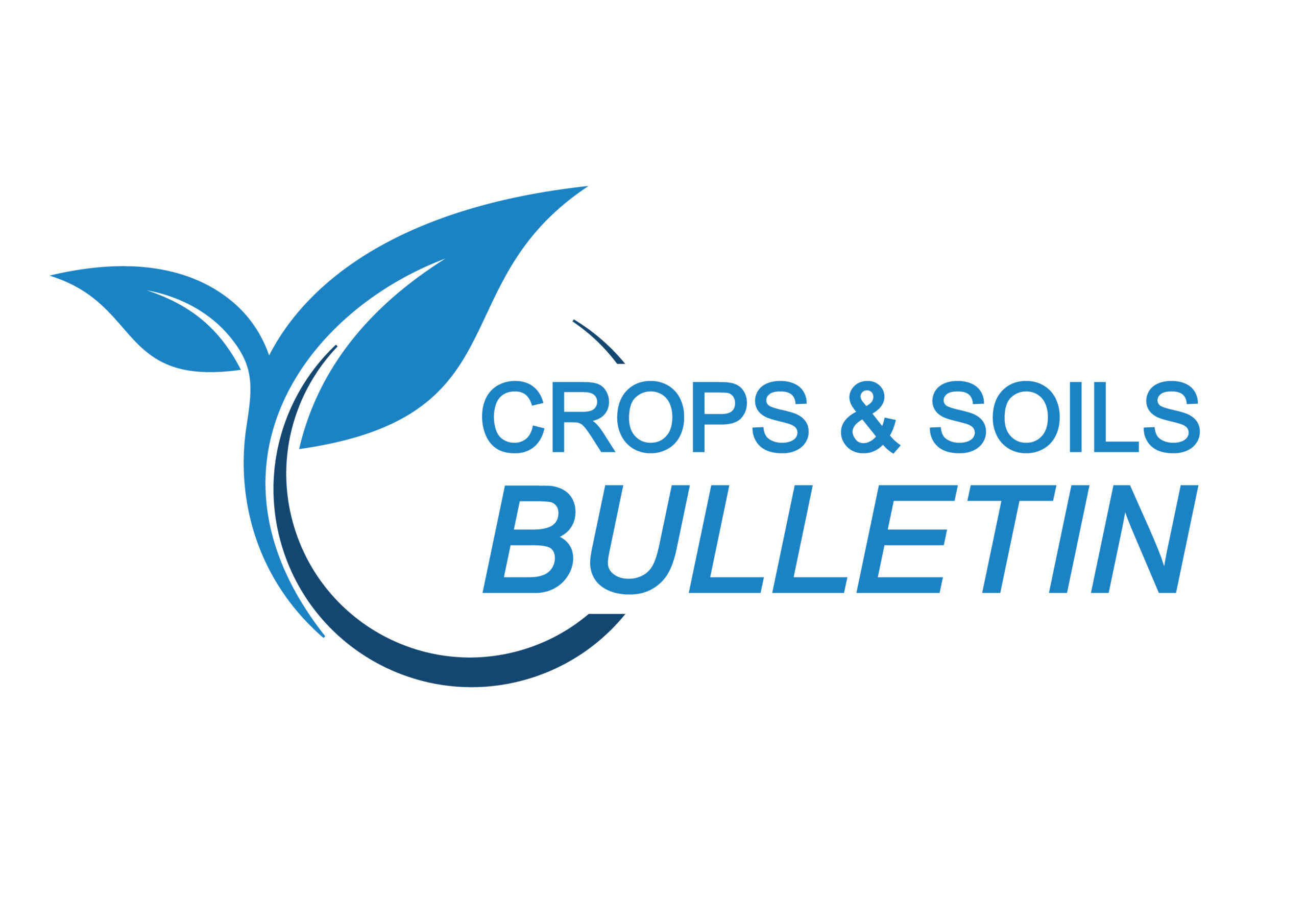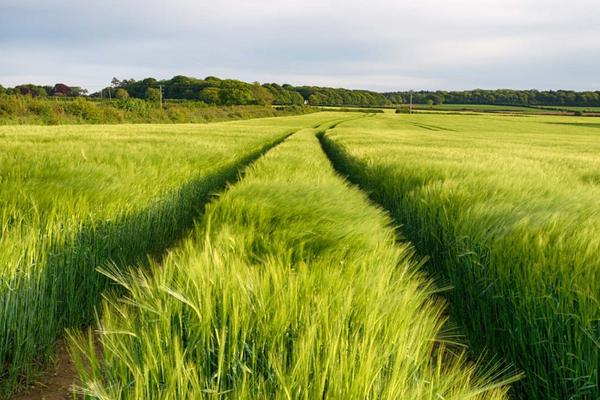The Use of Natural Products in Cereal Production
24 April 2024Interest in Natural Products is increasing as a way to maximise the margin in cereal production. Natural Products are those from biological origins, unlike the synthetic inputs like fertiliser and fungicides. The products are categorised as biostimulants and plant protection products. Which category they fall into has an impact on the registration process and getting them to market.
Biostimulants
These are natural products which have an impact on plant processes and can improve one or more of the plants characteristics, for example nutrient efficiency, quality traits or tolerance to stress. Biostimulants are regulated by The Fertilising Products Regulations 2020. These products can claim to have an impact on yield or crop production but are not tightly regulated before coming to market. There will be no claims or information relating to disease control on the label.
Plant Protection Products (PPP)
PP’s are governed by Chemical Regulation Directorate. There is a strict registration process in place as there are claims of activity against pathogens. Natural Products which are found to have any impact on pathogens are required to go through the registration process. Testing and trials are required to take place under set conditions and repeated to prove efficacy and create a dossier. Once approved the product will go into the green book. As this process is expensive it limits the products coming to market.
Elicitors
Elicitors can fall into either category and aim to incite the natural plant defence system. Elicitors work by simulating a pathogen attack which causes the plant to release sugars which results in the defence mechanism starting. There are various elicitors being looked at including Saccharine, which has been found to induce resistance in barley to rhynchosporium and Chitosan, which is an acetylated compound based on Chitin which is part of fungal cells walls. These have now been found to have anti-fungal properties, therefore, will need to go through the PPP registration process which could hinder development. Other products being looked at are salicylic acid, methyl salicylate, benzothiadiazole, benzoic acid and there is increasing interest in seaweed based products.
Using elicitors offers the potential to reduce the use of PPP and reduce costs. Independent SRUC trials have found using ¼ dose fungicide with an elicitor shows a yield response compared with using a 1/2 rate fungicide and the results are not significantly behind the full rate fungicide yields. Responses have been found with experimental products as well. There is potential to use an elicitor to help reduce your costs, which is beneficial to IPM strategy.
Two Examples: Iodus and Vixeran
Iodus is a natural product which is available on the market and is registered PPP. Iodus is based on brown seaweed extract and has proven efficacy in wheat early in the season. The product helps to reduce disease pressure and activates the plants self-defence system. The product can be used at T0 timing. Iodus can be used on organic farms as there is no synthetic chemistry and helps to boost mechanisms in the host plant.
Vixeran is a product new to the UK this year which is classed as a biostimulant. The product is aiming to help crops with nitrogen use efficiency. It is a free-living bacteria which has strong nitrogen fixing properties and colonises the plant, root system and soil. Nitrogen is fixed and converted to ammonium which the plant can then utilise. The product can be used from tillering through to stem extension.
To find out more have a listen to cropcast, a monthly arable podcast. In the most recent episodes we spoke to Neil Havis from SRUC and Andy Cunningham from Syngenta. Find Cropcast on your usual podcast provider or have a listen here https://www.fas.scot/sounds/cropcast/
Tiffany Stephenson, SAC Consulting
Sign up to the FAS newsletter
Receive updates on news, events and publications from Scotland’s Farm Advisory Service


